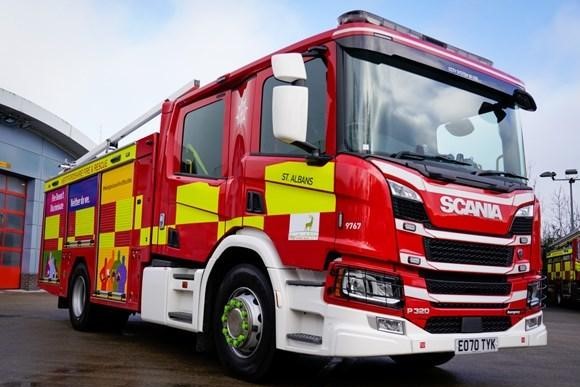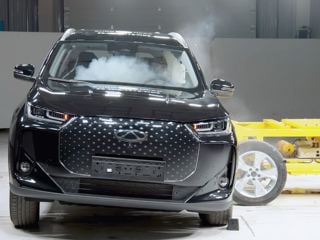Fires involving electric cars have surged by 77% in just two years, highlighting mounting safety concerns over the lithium-ion batteries.
According to new data released by business insurer QBE, 232 electric vehicle (EV) fires were recorded by UK fire services in 2024 - up from 131 in 2022 as the number of EVs on British roads more than doubled during the same period.
The figures, obtained by QBE through Freedom of Information requests to UK fire services, show a broader trend: lithium-ion battery fires are escalating across all categories, with a 93% overall rise since 2022.
“Electric vehicle fires are not only becoming more frequent - they’re also far more intense,” said Adrian Simmonds, practice leader for Property Risk Solutions at QBE Insurance. “These fires burn hotter, spread faster and require ten times more water to extinguish than a typical combustion engine fire.”
The primary danger lies in the batteries themselves. When damaged, overcharged or exposed to extreme heat, lithium-ion cells can undergo “thermal runaway” - a rapid and uncontrollable rise in temperature that can lead to explosive fires.
In the confined battery packs of EVs, this can result in significant damage, prolonged burn times, and serious threats to both occupants and emergency responders.
London remains the hotspot for such incidents, with the capital recording the highest number of lithium-ion battery fires (407 in 2024), although the specific number involving EVs within the capital was not separately disclosed. Greater Manchester and West Yorkshire followed with 100 and 94 battery fires respectively.
QBE is calling on the UK government to accelerate provisions in the Product Regulation and Metrology Bill, currently under parliamentary review, to crack down on unregulated battery products and ensure only vehicles meeting the highest safety standards are sold.
In October 2024, the Department for Business and Trade launched the "Buy Safe, Be Safe" campaign to raise awareness about the risks of purchasing unsafe or uncertified electrical goods online. However, QBE believes that more needs to be done.
“Education is crucial,” said Simmonds. “From knowing how to charge vehicles safely, to understanding the signs of battery failure, consumers must be equipped with the knowledge to protect themselves and their property.”



















Login to comment
Comments
No comments have been made yet.